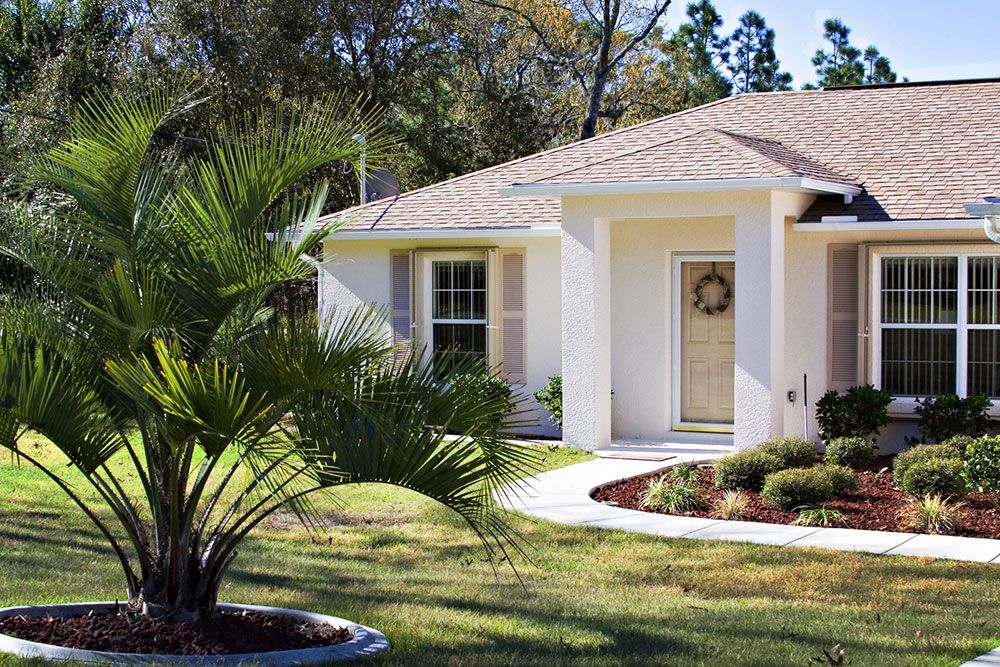When planning to move, it is quite common to feel conflicted between renting a place and homeownership. Here, determining the better option can require some careful consideration. That’s because various factors, including lifestyle, budget, credit score, and long-term goals, can influence the choice. Additionally, both renting and buying have their own pros and cons. To make an informed decision, one would have to weigh the pros and cons of buying and renting a home.
Pros of buying
Opportunity to build equity
Arguably, the biggest benefit of buying a brand-new home is the chance to gradually increase their financial stake in the property, i.e., build equity. A homeowner’s equity is the difference between the resale value of their home and the amount they owe on their mortgage. For example, if one can sell their home for $400,000, and they owe $250,000 on their mortgage, then they can consider their home equity to be $150,000. The home equity also includes any down payment made on the home. Homes normally tend to become progressively more valuable with time.
So, there are two ways homeowners can build equity. First, they can buy a home that is likely to increase in value over time. Second, they can pay down their mortgage over time.
Buying a home can be a suitable option when considering this benefit. The equity built while owning a home can be the down payment for another property one intends to buy.
Access to certain tax benefits
Mortgage interest and property taxes are both tax deductible. So, regularly making these payments (and maintaining the receipts) can help lower one’s overall tax payments annually. The caveat is that tax laws keep changing, so certain benefits may not be available forever.
Freedom to renovate or upgrade
Another point in favor of homeownership as opposed to renting is the ability to make any modifications to the property. Landlords usually prohibit rented tenants from making major structural changes or upgrades to their homes. On the other hand, homeowners have the freedom to renovate their homes, replace and even wall-mount furniture, change the layout of various rooms, make structural alterations, and, essentially, make any kind of changes to their property.
Cons of buying
Massive investment
The down payment on a house tends to be around 20% of the total purchase price. On top of that, homeowners must incur various upfront and ongoing expenses, including home appraisal fees, home inspection costs, title insurance fees, attorney fees, and repair and renovation costs, among other charges. Additionally, home mortgages do not cover maintenance expenses.
So, purchasing a home can seriously reduce one’s disposable income. For many, the large amounts of money to be spent on the down payment or other costs could be better utilized to tackle other, more immediate financial responsibilities. For example, getting rid of existing debt might be a more urgent need than buying a home.
No assured increase in home value
The value of a given home depends on the state of the real estate market. To learn about the real estate market, one can contact agents, do their research, and figure out the average rises or drops in value in a given area over the past few years. That said, there is no guarantee that the home value will increase.
Pros of renting
No maintenance responsibility
A major advantage of renting a home is that the responsibility of maintaining and upgrading a property lies with the landlord. This means that the cost of fixing faulty roofs, leaky faucets, insulation, and other things will be borne by the landlord, i.e., the homeowner. If saving money is a priority, then renting a home can be a safer bet than buying.
Short-term commitment
For those who like to travel or move often, renting is the option that would make the most sense. Renting is a short-term commitment. So, one could sign a rental lease for a single year before moving elsewhere. In this case, buying a home would make it difficult to travel frequently.
Cons of renting
Annual increase in rent amount
In many cases, tenants tend to be at the mercy of their landlord when it comes to deciding the rent and even increasing it. Many landlords raise the rent every year and even ensure that any tenant staying longer than a year is contractually obliged to agree to the increase. This annual increase could make renting a place unaffordable for some, forcing them to get a roommate or look for a new place to live.
Less stable option
When considering the advantages and disadvantages of renting and buying a home, a point in favor of homeownership is its relatively higher stability. Renting is usually considered a less stable option as only landlords can make decisions regarding letting the place stay open to renters, allowing the same tenants to stay in the place, establishing or modifying the lease terms, and setting rental prices. At any point, landlords are free to sell the property, raise the rent amount, and make other changes that make the property unsuitable for tenants. This also means that tenants cannot consider a given rental to be their permanent place of residence.
If, even after assessing personal requirements and the pros and cons of renting vs. buying, one is wondering whether they should rent or buy a home, they can conduct a cost comparison. Many online platforms offer calculators that provide renting vs. buying cost estimates, helping one understand the financial benefits of choosing either option.
